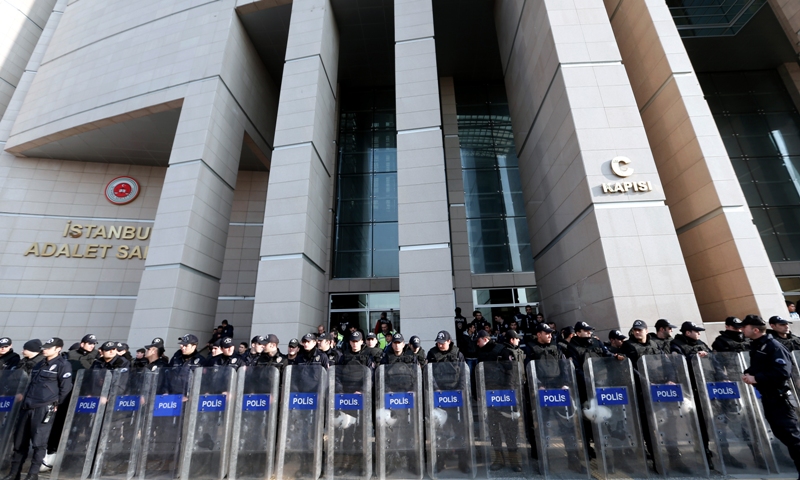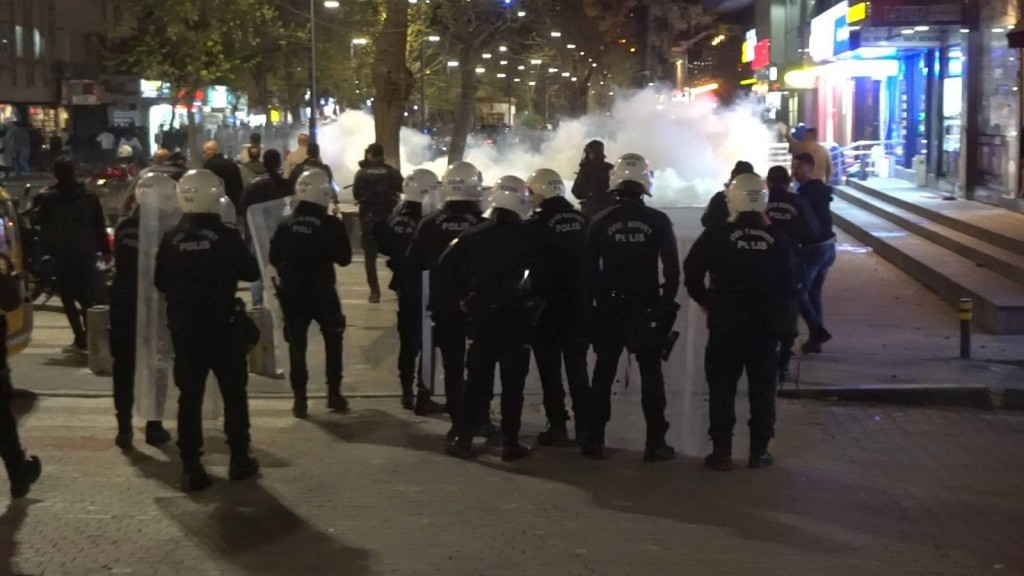A court in Istanbul yesterday declined a request to release Baransu, who has been held since March 1 on allegations that he procured, publicised and then destroyed documents related to the Turkish state’s interests at home and abroad.
The case focuses on Baransu’s role in the Balyoz (Sledgehammer) case, which centres on an alleged plot by elements in the military to use violence to pave the way for a coup. Baransu was instrumental in breaking the story of the alleged plot in 2010, having reportedly received a voluminous set of damning materials that he later delivered to prosecutors.
Defendants in the case have alleged that key evidence of the plot’s existence and their involvement was fabricated. Hundreds were convicted in the case in 2012, but Turkey’s Constitutional Court ordered a retrial last June. That has since led to a re-examination of evidence and to experts’ reports confirming claims that evidence was indeed fabricated.
“This case appears to be an effort to target Mr. Baransu for the materials he published, in violation of the right to press freedom,” IPI Director of Advocacy and Communications Steven M. Ellis said. “Given the circumstances of the case against him, there appears to be no legitimate reason to detain Mr. Baransu while the investigation proceeds and we call on Turkish authorities to release him immediately.”
Baransu is currently the target of another case in which he faces a possible 52-year prison sentence for his 2013 revelations of an “action plan” developed by Turkey’s National Security Council targeting the Fethullah Gulen religious movement.
The movement, a former base of support for President Recep Tayyip Erdogan and the ruling Justice and Development Party (AKP), is named for a Turkish author, educator and Muslim scholar who in 1999 fled to Pennsylvania. Its adherents are alleged to be strongly entrenched within Turkey’s judiciary and police forces and Erdogan has accused the movement of fabricating evidence that implicated numerous AKP members in a wide-ranging, but now-suppressed, graft probe that erupted in December 2013.



